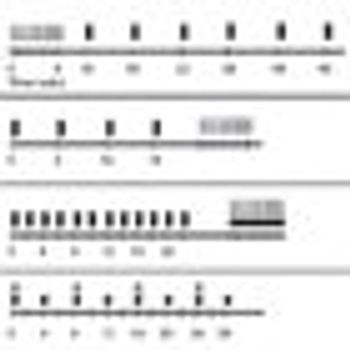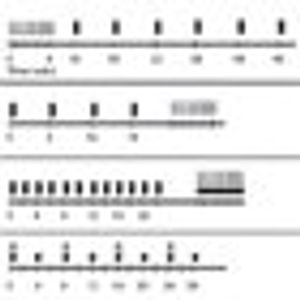Articles by Mark R. Gilbert, MD

Although important questions still remain regarding chemotherapy choice, sequence, and dosing, the answers to which will require additional large phase III trials, radiotherapy alone is no longer appropriate therapy for 1p/19q codeleted anaplastic oligodendrogliomas.

The treatment of malignant gliomashas received significant attentionover the past decade.This likely represents recognition ofthe poor prognosis associated withthese cancers combined with the challengeof developing a treatment strategyfor a neoplasm that, although itrarely metastasizes, has not proven tobe curable by surgical resection. Infact, debate continues about the roleof aggressive surgery in this disease,given that an image-guided biopsycan provide accurate diagnosis whileminimizing any procedure-relatedmorbidity and mortality. Some studieshave strongly suggested a therapeuticbenefit with surgical resection,but the extent of resection is a criticalcomponent.

The title of the article by Dr. Stephen Sagar, "Carcinomatous Meningitis: It Does Not Have to Be a Death Sentence" is very provocative. Most oncology specialists consider leptomeningeal dissemination of cancer as an indication of end-stage disease, particularly in patients with solid malignancies. More than 70% of patients found to have neoplastic meningitis have evidence of concurrent progressive systemic disease.[1] Although neoplastic meningitis is thought to have less of an impact on survival in patients with lymphomas or leukemias, the presence of tumor cells in the cerebrospinal fluid (CSF) of these patients significantly complicates the treatment regimen.



